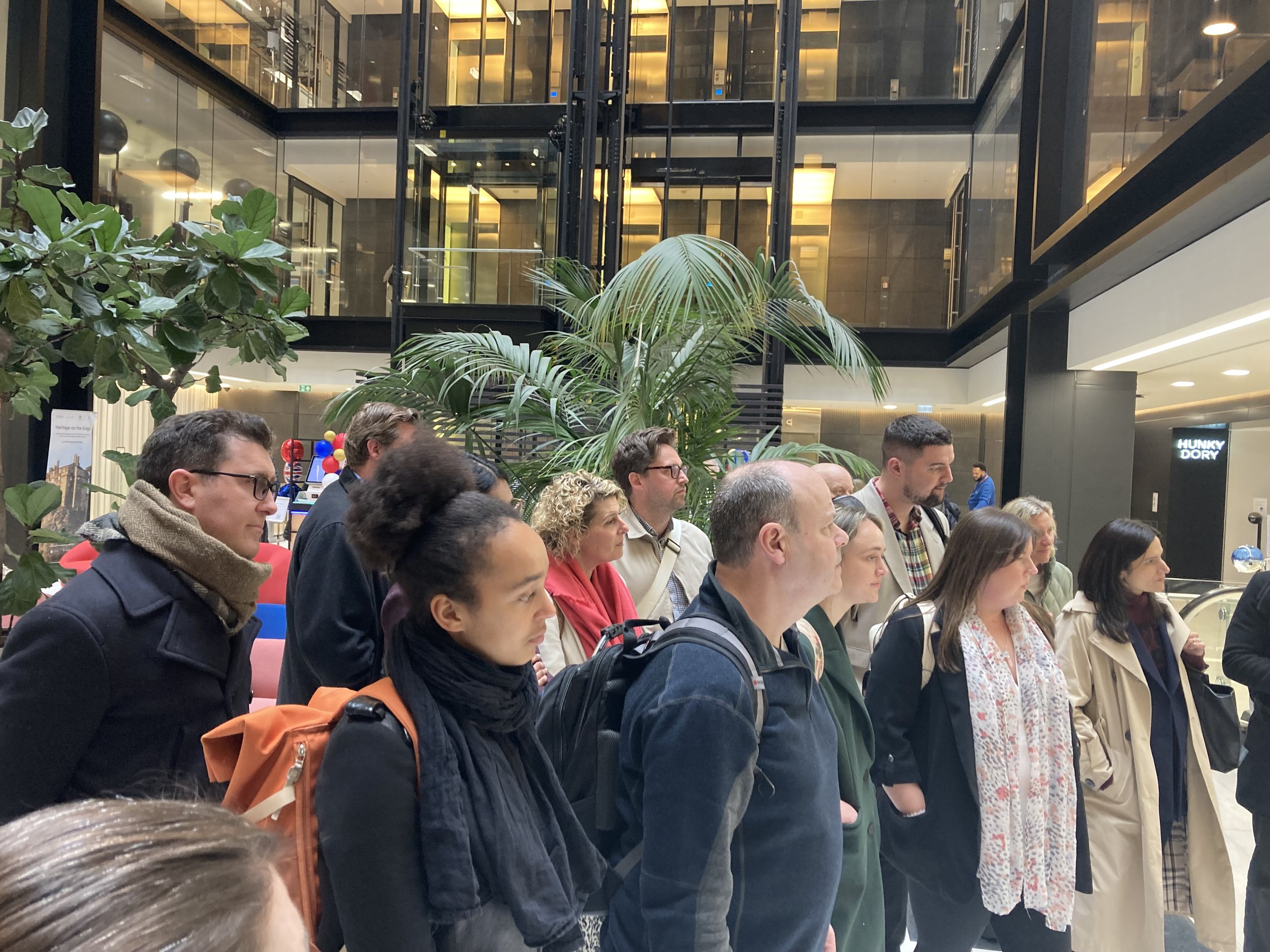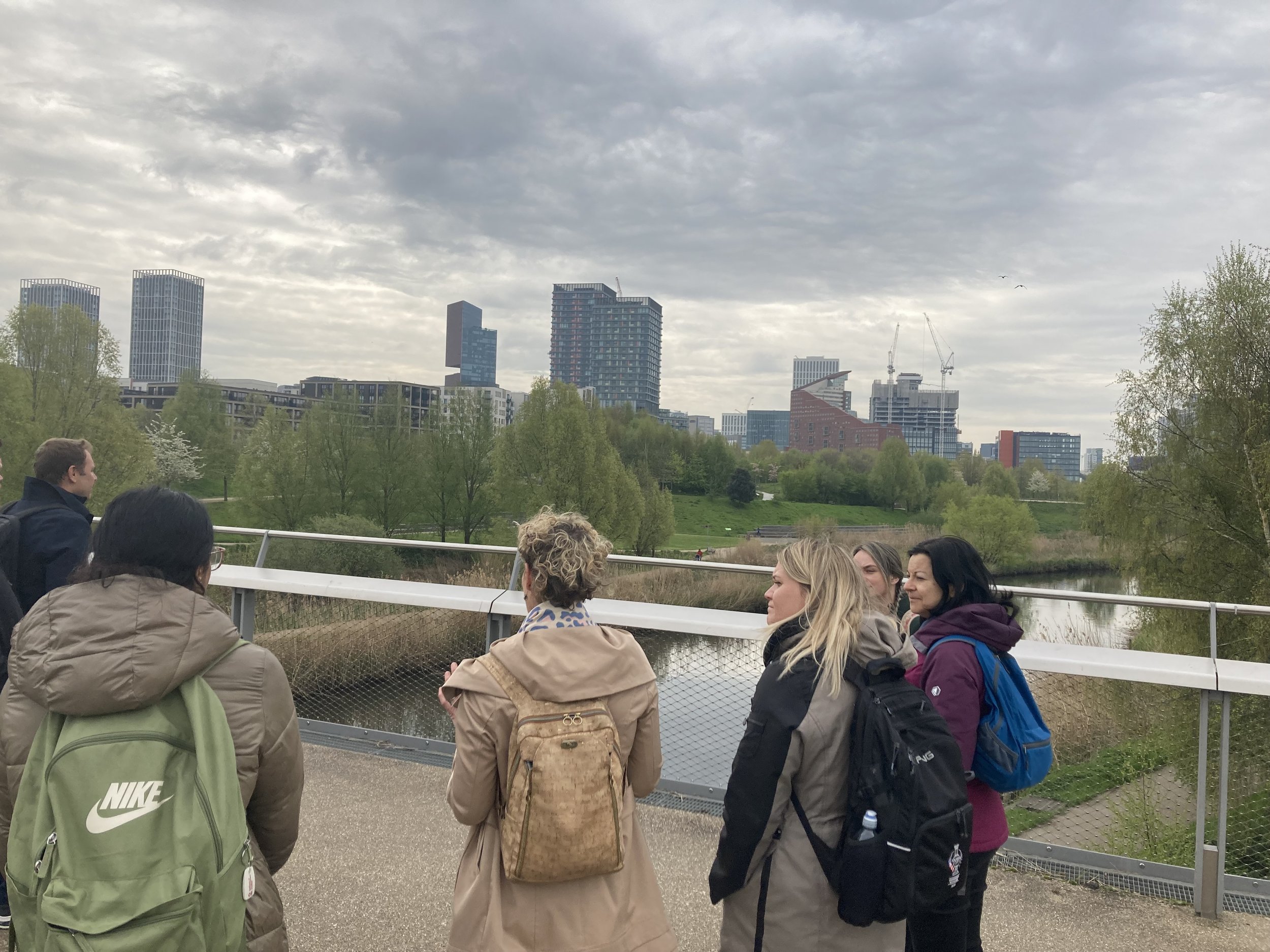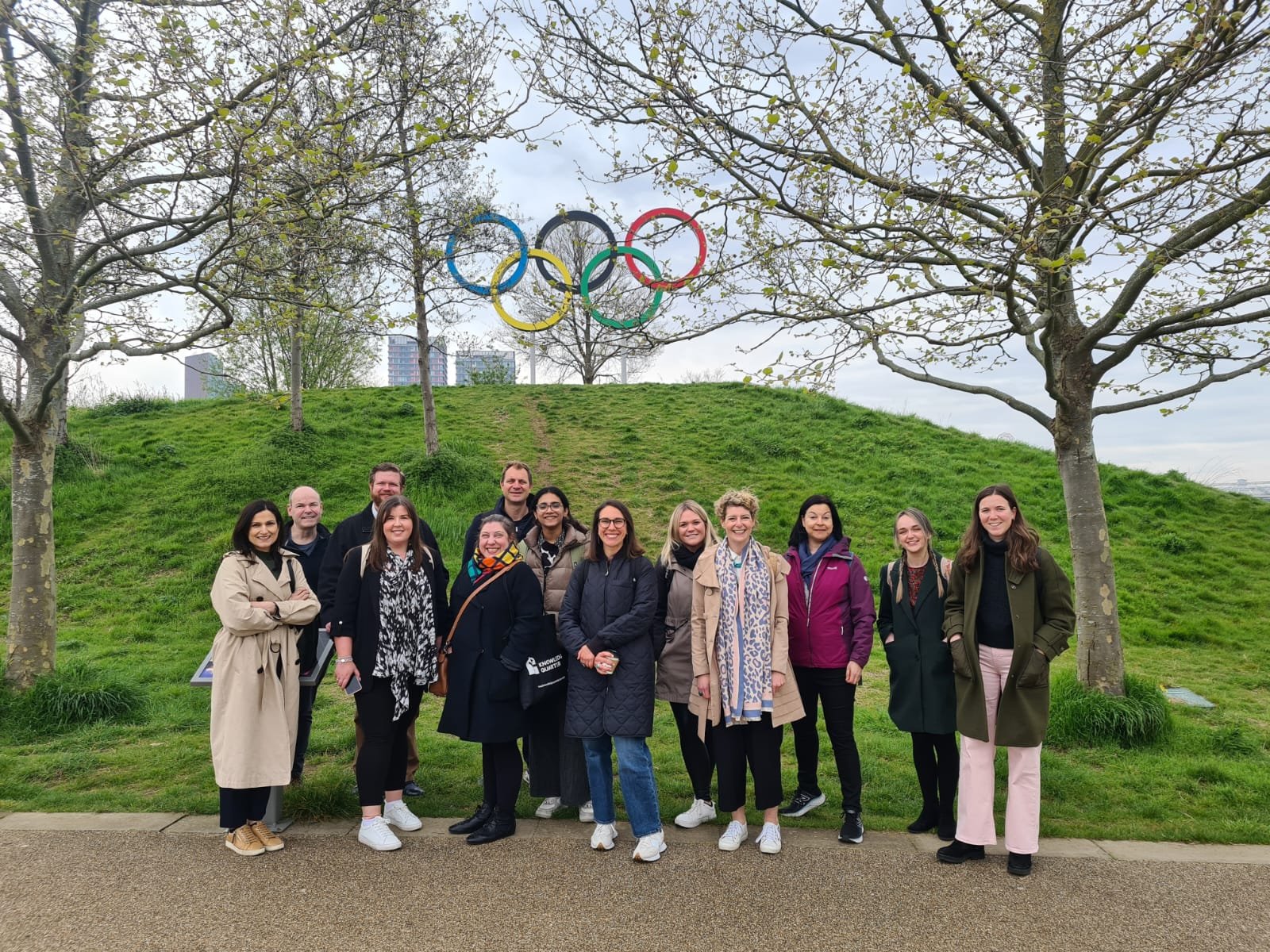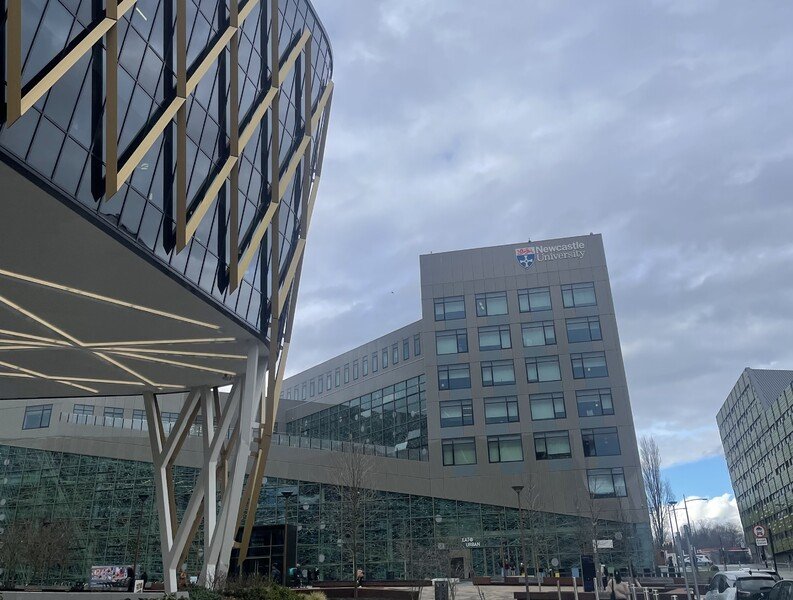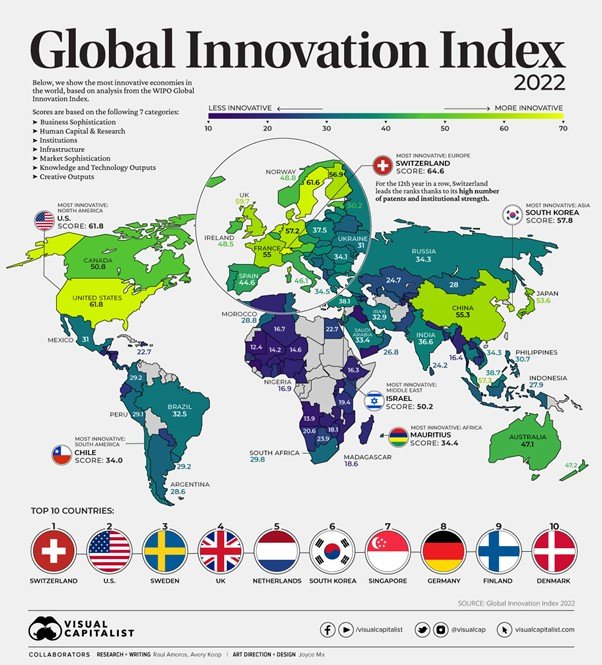The social and strategic value that Innovation districts can offer to their communities, cities and countries is starting to be recognised but is notoriously hard to measure.
Robert F. Kennedy famously said that GDP measures “everything except that which makes life worthwhile”.
Yet much of the standard measures of success for innovation activity and innovation clusters tend to be heavily skewed towards similarly narrow indicators such as GVA, no. of jobs, no. of patents etc. Individually, there is nothing wrong with using such measures. But they don’t give us a collective or full picture of the value being generated.
How then, can we attempt to establish a more holistic value assessment of innovation districts in situ? How can we better evidence the whole value return they contribute to the places in which they are embedded? And how do we show this over different timescales and geographical scales in a meaningful and more standardised way that allows us to learn deeply about each place but also draw trends and learning between places?
These were some of the very questions that the UK IDG set out to answer this year. The development of impact measures for Innovation districts became our primary research enquiry for 2023 – following on neatly from our previous research commission in 2022 on The Case for Inclusive Innovation in the UK.
The case for why we need this sort of thinking is increasingly clear and is driving renewed focus on measuring the impact of innovation districts. Public, academic partners and increasingly private sector partners all wish to qualify and demonstrate the socio-economic value return of investing in Innovation Districts. Investors are looking for tangible measures to assess and compare innovation districts. City and district leaders need to demonstrate progress and potential to prospective funders, tenants and backers - as well as crucially to local businesses and residents.
So, there is a critical need to understand how best to frame success, gather data, and monitor progress. For this reason, the UK IDG with funding from CPC, commissioned The Business of Cities to undertake this work with the aims of:
1. Producing a deep data dive for member district
Robust and relevant data points that give a fuller read on the status and value of each Innovation District in situ. Go beyond standard GVA or occupancy stats to include a blend of metrics that work across the three interrelated value themes of: Innovation, Place & People.
Develop a framework that shows change over time and geography which helps isolate the added value of the innovation district in relation to its context.
2. Create a more consistent approach to place-based innovation value metrics
Establish a more unified model for UK Innovation districts to help spot common patterns and trends and learn with each other.
3. Use evidence to inform conversations
Use this evidence base to have focused conversations with city, regional and national government policy makers. Specifically linking into the UK Innovation cluster mapping work and thinking through broader applications connected to Innovation accelerators and Investment zones for example.
This work consisted of a global review informed by the UK IDG’s experiences and data architecture specialists. It also analysed the most appropriate blend of publicly vs privately available data sources, quantitative vs qualitative research work - with clear rational and guidance for each. The resulting data framework has now been produced and is being adopted by individual member districts.
This will help individual innovation districts to:
· Build a unique and distinctive identity for the district. This can enable districts to develop a stronger and more differentiated proposition to the market and to local people, as opposed to a more generic, undifferentiated offer, making them more likely to stand out to the kind of investors, companies and talent they seek.
● Promote strengths and opportunities that are relevant to the market. A clear understanding of what investors and companies are looking for; revealing business awareness and pro-investment leadership which can be decisive in attracting long-term investment.
● Shape the district’s progress towards inclusive innovation outcomes. Qualitative and quantitative indicators can add more clarity and consistency in the way that innovation districts support inclusive innovation and in so doing help contribute to more inclusive economic return.
● Measure district advantages and benefits instead of just city assets. A clear evidence base can help district leaders answer questions such as “why this district rather than another in the city?” or “how will investment in this district impact the surrounding districts”.
● Develop a full picture of the innovation landscape. Start-up creation, VC investment, patents, university spin-outs only tell one side of the innovation ecosystem and might not be the most impactful or insightful data. This is especially the case in diverse districts where social innovation is more relevant, or in locations where innovation may be in terms of government activity or regulatory behaviour. It is also the case in smaller regions, or in regions that have less well-known specialisms.
● Inform and align with wider city strategy and sustainability goals. Metrics may contribute to evaluating community and city-wide impact, contributions to wider city goals can feed into an evidence base to prove the district’s added value and unlock further investment. Showing how metrics measured progress towards goals that are shared with the city/region and being able to demonstrate clearly that Innovation District and City Region goals are aligned would be very powerful.
To find out more about this work please get in touch at hello@ukinnovationdistricts.co.uk or email Borane Gille boranegille@thebusinessofcities.com

